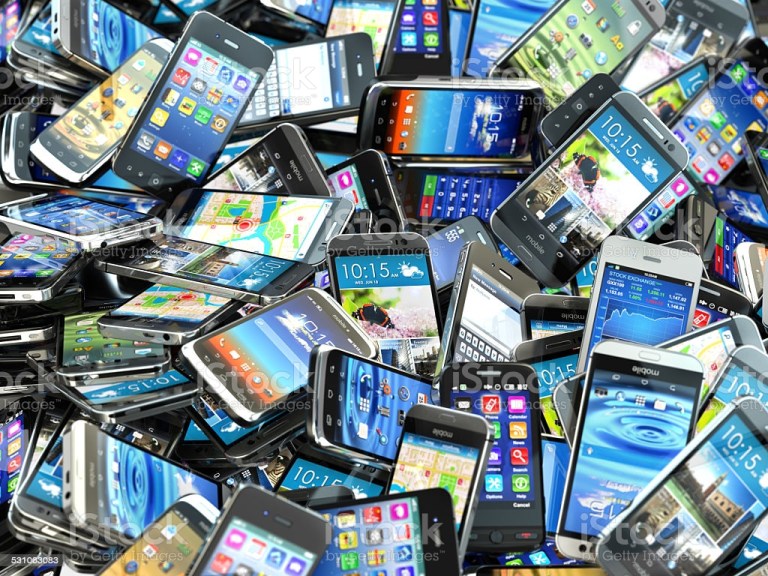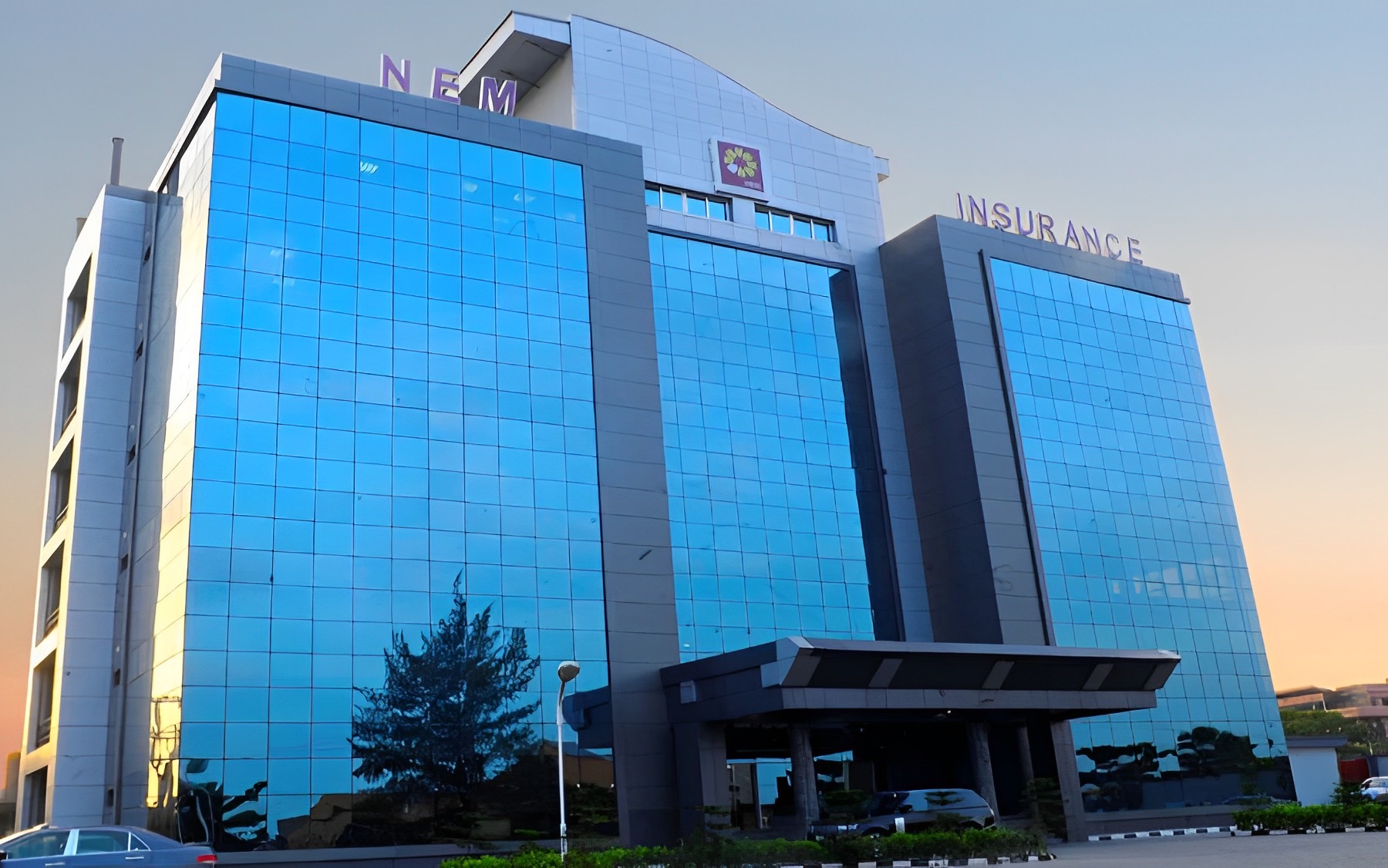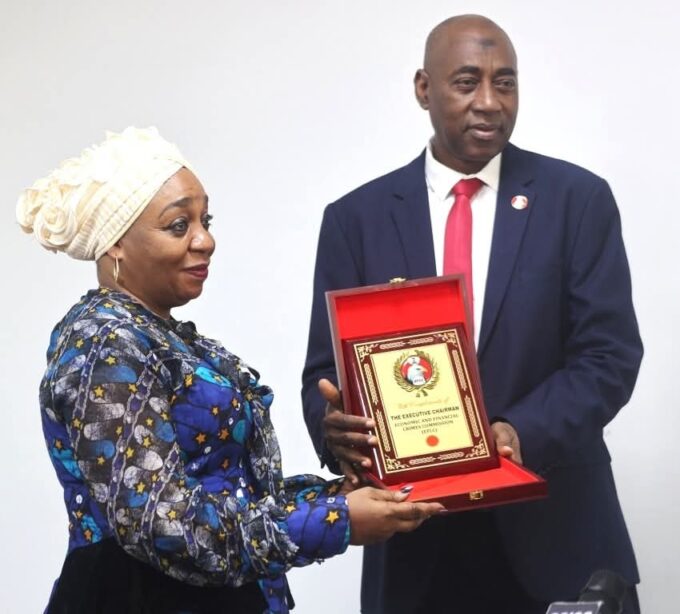The number of mobile subscriptions in Nigeria rose to 222.23 million in 2022 despite the implementation of the Federal Government’s National Identification Number-Subscriber Identity Module policy.
At the start of the policy in April, over 72.77 million active telecommunication subscriptions were barred from making calls. But the industry has since shaken off the effect of this and grew by 13.89 per cent in 2022.
According to new data from the Nigerian Communications Commission, the total number of subscriptions grew from 195.13 million as of December 2021 to 222.23 million as of December 2022. This growth signified a complete shake-off of the decline that plagued the telecoms industry in 2021 when the total number of mobile subscriptions declined by 4.42 per cent from 204.15 million as of December 2020 to 195.13 million as of December 2021.
In the period under review, MTN Nigeria grew by 20.96 per cent from 73.59 million to 89.02 million; Airtel grew by 11.38 per cent from 53.93 million to 60.07 million; Globacom grew by 9.98 per cent from 54.82 million to 60.29 million; and 9mobile grew by 0.49 per cent from 12.85 million to 12.79 million.
In 2022, teledensity, the number of active telephone connections per 100 inhabitants living within an area grew to 116.60 per centthe (highest on record).
Nigeria’s mobile population is the largest in Africa and is expected to continue to grow because of its large youth population. According to GSMA, the global body representing telcos, 18 million new Nigerians will become unique mobile subscribers by 2025.
The Chief Operating Officer, Association of Telecommunications Companies of Nigeria, Ajibola Olude, attributed the growth of mobile subscriptions in 2022 to the increased usage of Internet of Things devices, and combined government effort.
He said, “Many factors were responsible for the growth of the sector in 2022. IoT and robotics need SIMs to be able to work because they are Internet enabled.
“IoTs are the order of the day now. A lot of things are connected to the Internet, and they need SIMs. Asides from that, at the federal and state level, there is serious awareness on the need to adopt ICT. Many services have moved online, and don’t forget that the CBN is pursuing a cashless economy which means that there is a need to probably use an Internet-enabled phone.”
Source Punch














